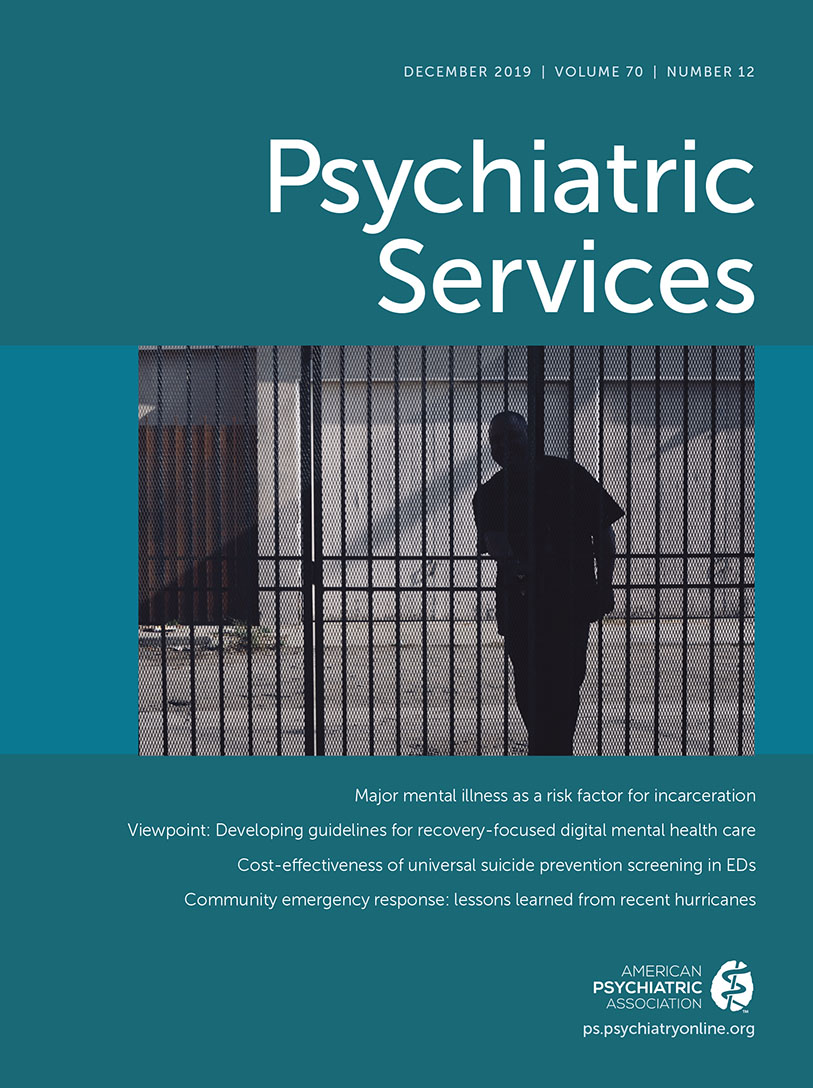Efficacy of the Home-Based Mental Health Evaluation (HOME) Program for Engaging Patients in Care After Hospitalization
Abstract
Objective:
The risk of suicide is elevated in the days and weeks after discharge from a psychiatric hospitalization, and lack of treatment engagement posthospitalization is also associated with suicide. The authors sought to determine whether the Home-Based Mental Health Evaluation [HOME] Program is efficacious in helping patients engage in care after psychiatric hospitalization.
Methods:
This study was a nonrandomized, controlled, two-arm (HOME Program versus enhanced care as usual [E-CARE]) trial that took place at four Department of Veterans Affairs medical centers. Participants (N=302) were patients admitted to a psychiatric inpatient unit. The HOME Program consists of phone- and home-based contacts that include suicide risk assessment, safety planning, and problem-solving around barriers to care. The primary outcome was treatment engagement, as documented in the electronic medical record.
Results:
Veterans in the HOME Program group were 1.33 (95% confidence interval [CI]=1.29–1.37) times more likely to engage in treatment, compared with veterans in the E-CARE group (p<0.001). HOME Program participants were estimated to have attended 55% more individual appointments (95% CI=12%−113%, p=0.02), compared with those in the E-CARE group. The adjusted difference in median time to treatment engagement was 15 days (95% CI=3.5–27.0) such that HOME Program participants engaged in treatment more quickly than participants at the E-CARE sites.
Conclusions:
Findings suggest that participation in the HOME Program can help individuals at high risk of suicide engage in care after psychiatric hospitalization.



